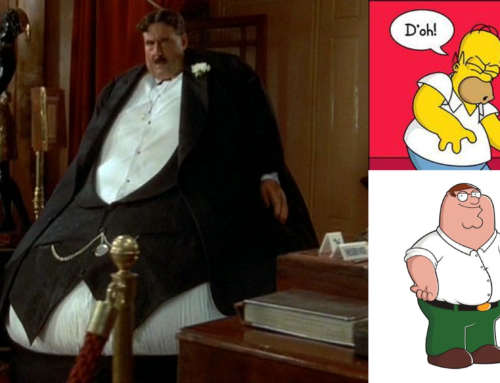When you were in kindergarten, or a similar age range, was there a kid who always caused trouble for you? One that broke things and got you blamed for it, or who would pick fights for which only you got into trouble? Maybe you tried to fight him, and just got into more hot water with your teachers, or maybe you tried to avoid him, and he just followed you around and continued to cause problems.
That kid never really went away. He just changed his name to politics.
Many a creator today, of any kind of medium, would like to avoid politics and flamewars entirely. Sadly, in this environment, this is a pipedream. You can try to avoid politics, but politics won’t avoid you. In today’s climate, even trying to be apolitical is treated as a political statement.
Visual media such as comic books and cartoons can mitigate this somewhat by using beautiful images to draw as much attention to the artwork and away from any complicated nuances that might make people think. Books, however, can’t do this; the very nature of non-visual literature, such as traditional print, e-books, and even audiobooks, forces people to engage your stories with their brains, and that in and of itself means people are going to assume it carries a political statement.
And even if you aren’t actively trying to be political, someone is guaranteed to read a message into your works that wasn’t there, or has assigned their own biases to it. Indeed, there are three sets of biases most works of fiction goes through before it enters the mind of a reader: the writer’s bias, the publisher’s bias, and the reader’s own bias. Self-published works can cut out one of those, but the reader and the writer are very easily going to be at odds.
Really, the idea of Death of the Author is going to be one of your biggest threats, and one reason Death of the Author is so common is because the author often has biases that they aren’t aware of at the time of writing. Many a creator will unintentionally insert their own views into a work of fiction, even one that isn’t meant to be political. And many a reader will consume your work through the lens of their own worldviews. This is why you can’t escape claims of politicizing your fiction; some people genuinely believe that everything is political, and it only takes a few to get your work branded as having some kind of message that wasn’t intended.
Regarding the subject of making people think, it should be noted that most literature is written with the intent of getting people’s brain gears in motion, and the fact that a person’s imagination is required to picture the scenes in their minds needs to be reinforced: some people hate to think, and a story that forces them to do so is going to make them view your work with a lens of rage. On top of this, certain elements of your story might be easy for a reader to forget about unless they’re regularly repeated.
I don’t usually like to respond to reviewers, because I want them to feel comfortable to write what they want about my work without fear of backlash, but one in particular raised a strange compliant in which she believed that Rostam was insensitive to Ephorah’s complaints about racism because the reviewer believed that Rostam was white. In the books, it is expressly stated that Rostam is the same race as Ephorah, and white people aren’t present in the book at all. However, this isn’t repeatedly stated throughout the book, and so it is highly likely that the reviewer simply forgot about it. The only solution I can think of to this is to repeat elements like this throughout the book, but I always recommend a gentle touch. No work of fiction ever benefited from ham-fisted writing.
If your goal is to be apolitical, the best approach may be to ignore the reviewers who assign their own views to your story. At the end of the day, you cannot appease everyone, and people who assign politics to your writing are like trolls; don’t feed them.
And if it seems hypocritical that I’d be giving advice on how to handle people politicizing a book that wasn’t meant to be political, remember that I don’t write these blog posts just for myself.






